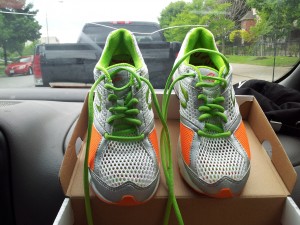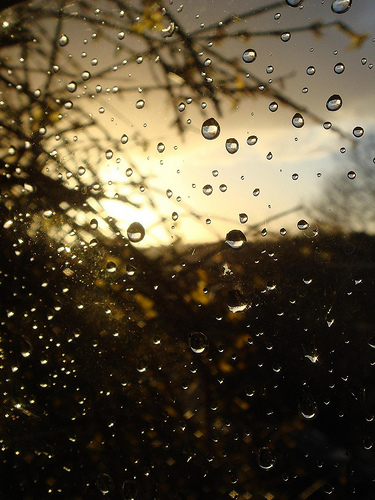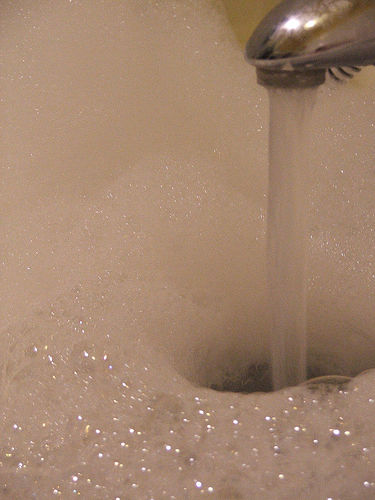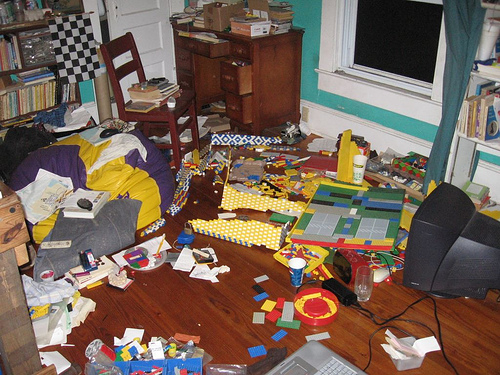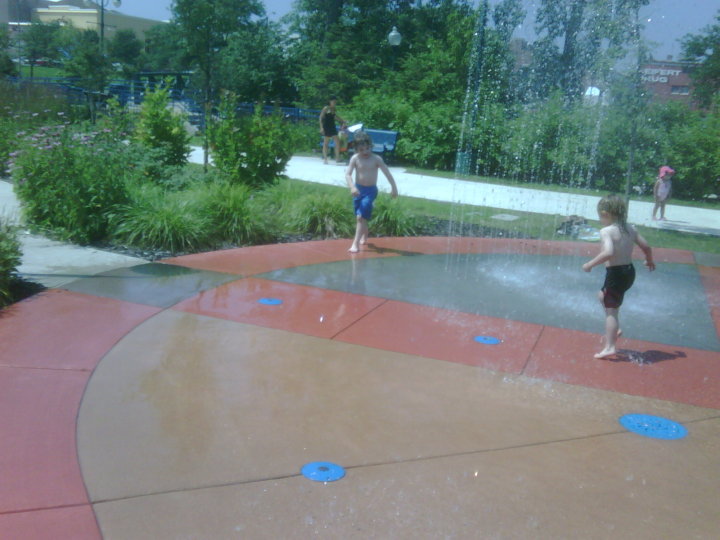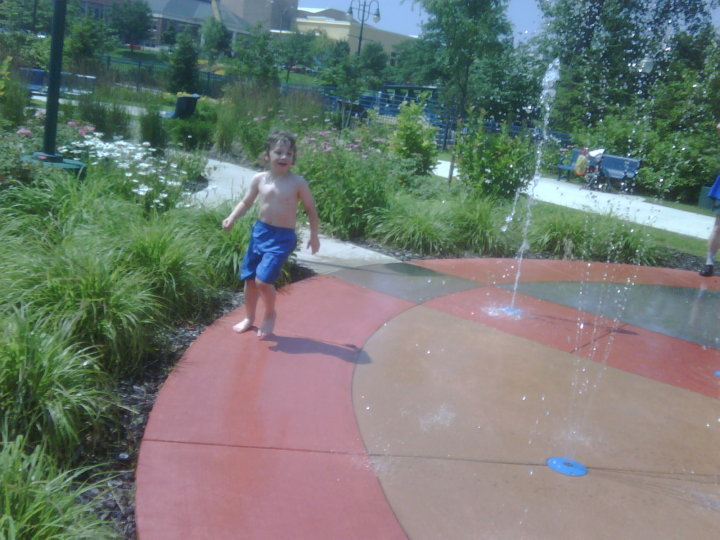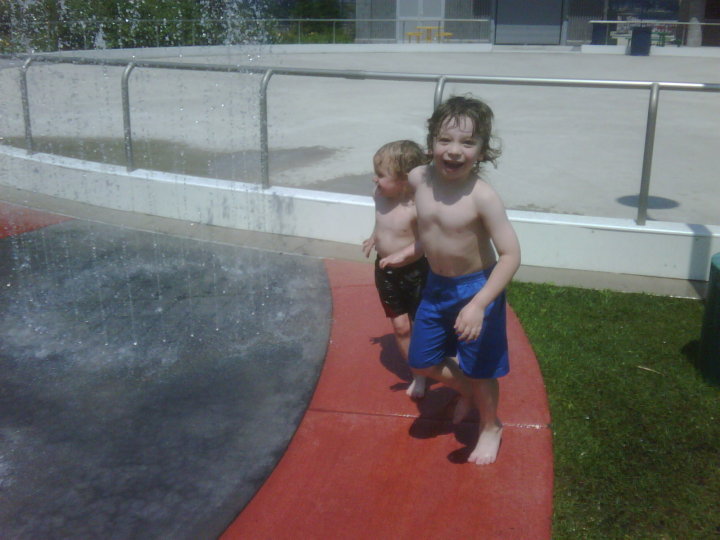1. Rest days are important. I used to think that in order to get better and faster, and in order to prove that I was a “real” runner, I had to run every day. If a training schedule called for a rest day, what it really meant was that I was running for maybe a mile instead of five or six miles. What I’ve discovered, though, is that the right balance of rest days and active days is crucial to my success as a runner. Not only do the rest days help prevent injury, they actually make me stronger, both physically and mentally. Enforced rests due to illness, injury or circumstance usually have a surprisingly good effect.
2. Kids are better runners than adults. Over the years, I have read many books written by runners, coaches and various kinds of doctors, all advising on the best ways to run. It’s not a simple case of putting one foot in front of another, they say. You have to think about what part of your foot is striking the ground, how long your stride is, what your posture looks like, what your arms are doing. I heed all of this advice, and I still have periodic struggles with my form. Then I look at my eight-year-old, who runs for his school’s track and cross-country teams. When he runs, he looks truly magical. He has perfect form and graceful fluidity that I can only envy. Adults are always trying to improve on nature, sometimes to their detriment. Kids, on the other hand, move the way human beings are designed to move.
3. Heel striking is not a bad thing. Most serious runners have heard all about how landing on your heels is a Bad Thing. It creates more impact, and therefore more injuries, and it is a grossly inefficient way of running. I bought into this so much that I went out and bought a pair of Newtons running shoes in order to “teach” myself the art of midsole striking. Six months of excruciating calf pain later, I gave it up as a bad idea. I realized that we are all different, that not everyone is meant to be a midsole striker. A few months later, I read this article which suggests that for some of us, heel striking is actually a more efficient way of running.
4. There is no hard and fast rule regarding fueling. When I started training for my first half-marathon, I spent a lot of time researching all kinds of things, including nutrition and long-run fueling. The gist of what I read was as follows. For runs of thirty minutes or less, you can get by without taking water with you. Between thirty and ninety minutes, you should bring water, but you don’t really need anything else. If you’re out for longer than ninety minutes, you’ll need an energy drink of some kind, and for anything beyond two hours, a gel might be needed. I tried to follow this formula for a while, and it didn’t work at all. For a start, I need water on every single run. I have high hydration needs, and I need at least a sip of water for every ten minutes of activity. Secondly, I need an energy drink for runs lasting longer than an hour, and that is all I need in addition to water. I never take gels. Ever. Not only do they have no noticeable effect on my performance, they have the consistency of snot and make me feel ill.
5. There is a huge mental component to running. I’ve always known this, of course. The surprise is the extent to which it is true. It has been suggested that running is 10% physical and 90% mental. I’m not sure that I agree with that – the physical foundation has to be in place, and it has to be maintained. But for someone running a distance that they have actually trained for (in other words, that they are physically ready for), mental strength does play an enormous role. I have this pattern when I run half-marathons, of moving along just fine until I hit the 18K mark. As soon as I see that 18K marker, it’s as if a switch goes off in my brain – a switch that says, “Hey, you’ve just run 18K. You should be absolutely knackered.” And my body willingly obliges by suddenly feeling exhausted. The pace that I’ve maintained so nicely goes to hell, my legs turn to Jello and my breathing goes all weird and creepy. I struggle along in a terrible state for 2K, and then, as I enter the final kilometre, it all turns around again. A burst of energy hits me out of nowhere, and I sail through the last kilometre. In general, I am a mediocre, middle-of-the-pack runner, but I have a phenomenal finish line kick, and I am sure that it comes from my mind.
This is an original post by Kirsten Doyle. Photo credit to the author.





